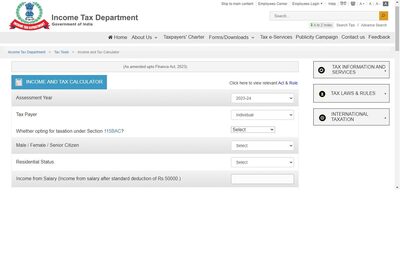
views
Riyadh: Leading world economies must show unity in dealing with aggressive "tax optimisation" by global digital giants like Google, Amazon and Facebook, G20 officials said on Saturday.
Global rules are being developed by the Organisation for Economic Cooperation and Development (OECD) to make digital companies pay tax where they do business, rather than where they register subsidiaries. The OECD says this could boost national tax revenues by a total of $100 billion a year.
The call for unity appeared mainly directed at the United States, home to the biggest tech companies, in an attempt to head off any stalling on the rules until after the American presidential election in November.
"There is no time to wait for elections," German Finance Minister Olaf Scholz told a tax seminar on the sidelines of a meeting of G20 finance ministers and central bankers.
"This needs leadership in certain countries," Scholz said looking directly at U.S. Treasury Secretary Steven Mnuchin, sitting next to him at the seminar.
The taxing of digital firms and the effect of the coronavirus outbreak on the global economy are among the hot topic for G20 financial leaders, from the world's 20 largest economies, during their talks in Riyadh this weekend.
The OECD wants to set a minimum effective level at which such companies would be taxed and seeks agreement by the start of July, with an endorsement by the G20 by the end of the year.
"A coordinated answer is not the better way forward, but, given the alternatives, the only way forward," OECD head Angel Gurria told the seminar.
But the OECD efforts were stalled late last year by last-minute changes demanded by Washington, which many G20 officials view as reluctant to deal with a potentially politically tricky matter before the presidential election.
Mnuchin said OECD countries were close to an agreement on the minimum tax level, which he said would also go a long way to resolving the issue of where tax is payed.
"I think we all want to get this done by the end of the year, and that's the objective," Mnuchin told the seminar.
Several European countries, including France, Spain, Austria, Italy, Britain and Hungary either already have a plan for a digital tax or are working on one, creating the risk of a highly fragmented global system.
"You cannot have in a global economy different national tax systems that conflict with each other," Mnuchin said.
Facebook Chief Executive Mark Zuckerberg said on Feb. 14 he would be ready to pay more tax in Europe and would welcome a global OECD solution that would make the levies uniform.




















Comments
0 comment